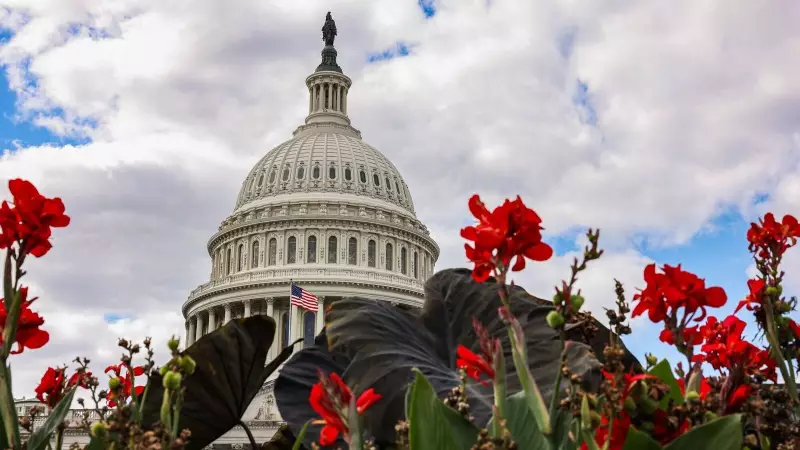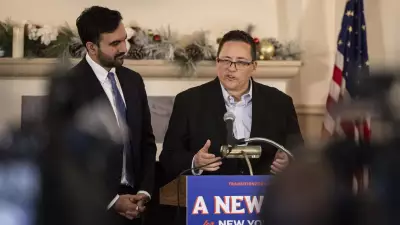
The United States is grappling with its longest-ever government shutdown, now stretching into a record-breaking period with no end in sight. President Donald Trump has framed this political standoff as nothing less than "the survival of our country," emphasizing his unwavering demand for $5.7 billion in border wall funding.
The Human Cost of Political Deadlock
While politicians debate in Washington, approximately 800,000 federal employees are facing unprecedented financial hardship. Many have been forced to work without pay, while others have been furloughed indefinitely. The situation has become so dire that some government workers are visiting food banks, applying for unemployment benefits, and seeking temporary jobs to cover basic living expenses.
Trump's Unwavering Stance
President Trump remains resolute in his position, stating that the border wall is essential for national security. "This is about the survival of our country," he declared, emphasizing that without proper border security, the nation faces grave dangers. The President has shown no signs of backing down, despite growing pressure from both Democrats and members of his own party.
Democratic Resistance and Political Fallout
House Speaker Nancy Pelosi and Democratic leaders have firmly rejected the President's border wall funding demands. They've proposed various bills to reopen government agencies while maintaining that border security discussions should happen separately. The political stalemate has created one of the most significant tests of Trump's presidency and revealed deep divisions within American leadership.
Real Americans, Real Struggles
Across the nation, federal employees are sharing their stories of hardship. From TSA agents working without paychecks to national park employees worrying about mortgage payments, the shutdown's effects are widespread. Many government contractors face even greater uncertainty, as they may never receive back pay for lost work hours.
Economic Impact Widens
The shutdown is beginning to ripple through the broader economy. Small businesses near government facilities report declining sales, while federal programs that support farmers, housing assistance, and food inspections face growing backlogs. Economists warn that if the shutdown continues, it could significantly impact first-quarter economic growth.
What's Next for America?
With both sides entrenched in their positions, Washington observers see little immediate hope for resolution. The President has threatened to declare a national emergency to bypass Congress, while Democrats continue to push for reopening the government before any border security negotiations. As the shutdown enters uncharted territory, American citizens remain caught in the middle of this high-stakes political battle.





